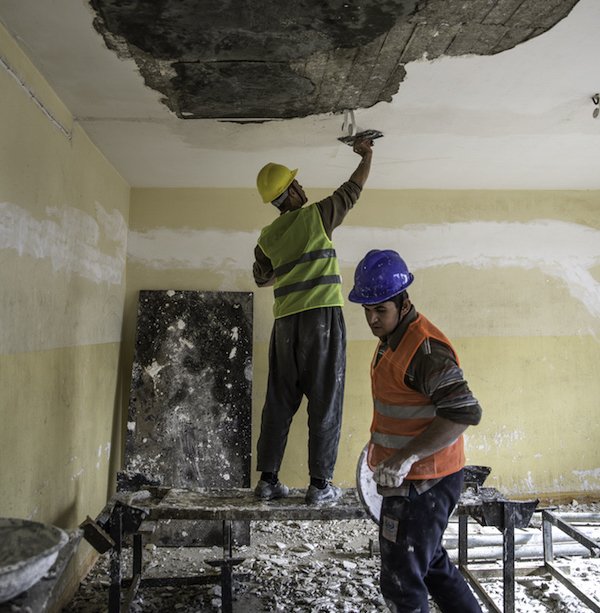Sweden increases its support to stabilize newly liberated areas in Iraq [EN/AR/KU]
Sweden increases its support to stabilize newly liberated areas in Iraq [EN/AR/KU]
Source : UNDP Iraq
07-Feb-2018

Baghdad – The Government of The Kingdom of Sweden has contributed an additional US$ 12 million (SEK 100 million) to UNDP's Funding Facility for Stabilization (FFS), which finances initiatives for rapid stabilization of areas liberated from the Islamic State of Iraq and the Levant (ISIL). This brings Sweden's total contribution since 2015 to US$ 26 million (SEK 212.1 million).
UNDP Resident Representative for Iraq, Ms. Lise Grande, said: "Enormous progress is being made in the areas that have been newly liberated. It's wonderful to see people choosing to go home and start rebuilding their lives and communities. At this stage in Iraq, nothing is more important. The scale of destruction and damage cannot be underestimated, however, particularly in Mosul, and this is why this generous contribution from Sweden comes at exactly the right time."
"Sweden is firmly committed to supporting the Government of Iraq's efforts of providing essential services that benefit all Iraqis in the newly liberated areas," said H.E. Pontus Melander, the Ambassador of Sweden to Iraq. "UNDPs Funding Facility for Stabilization is indeed a crucial component to ensure the military effort against ISIL. It is our sincere hope that stabilization will lay the foundation for a more peaceful and inclusive society. Beyond and in addition to stabilization, Iraq will remain a prioritised country for Swedish Development Cooperation."
At the request of the Government of Iraq, UNDP established the Funding Facility for Stabilization in June 2015 to facilitate the return of displaced Iraqis, lay the groundwork for reconstruction and recovery, and safeguard against the emergence of violent extremism. The Facility currently has more than 1,600 projects underway in 23 liberated cities and districts, helping local authorities to quickly rehabilitate essential infrastructure. More than 95 percent of all stabilization projects are done by the local private sector employing local labour.